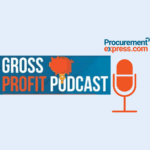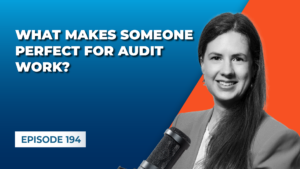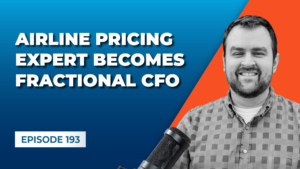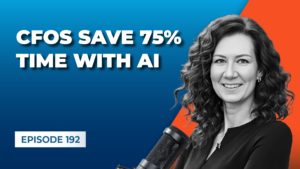Finding suppliers and sourcing products can be extremely challenging and tedious for food and drinks businesses… which is why in this episode of The Gross Profit Podcast, James Kennedy and Mike McGrath decided to discuss:
- “The Profitability Impact” concept and why you should be using it
- How to increase your growth profit margin
- Cost reduction tips for your
- The RACI Matrix tool that you can use to optimise your workflow
- Managing supplier risks as an SMB
- Kwayga
Kwayga is an online platform for B2B buyers and suppliers who are focused on the European food and drinks industry. It’s a great platform for supplier discovery and provides you with match suggestions based on your request you have posted for a supply chain partner.
“The Profitability Impact” will teach you the reasons behind why 5% savings upfront is the same as a 50% sales increase to the gross profit margin. James and Mike talk about how this affects both small and medium sized businesses in practice and why it is such a useful concept to learn.
This episode also covers a tool called the RACI Matrix which maps out your responsibilities for the many tasks involved in each purchase. It enables you to understand who is accountable for each stage and who you should consult in order to ensure that you do not skip any crucial steps in the process of acquiring the goods or services you require. This is also a good measure for ensuring that all of your employees are not missing any steps in your procurement process and so that they are clear on what their responsibilities are.
Tune in to hear what they have to say about these topics!




